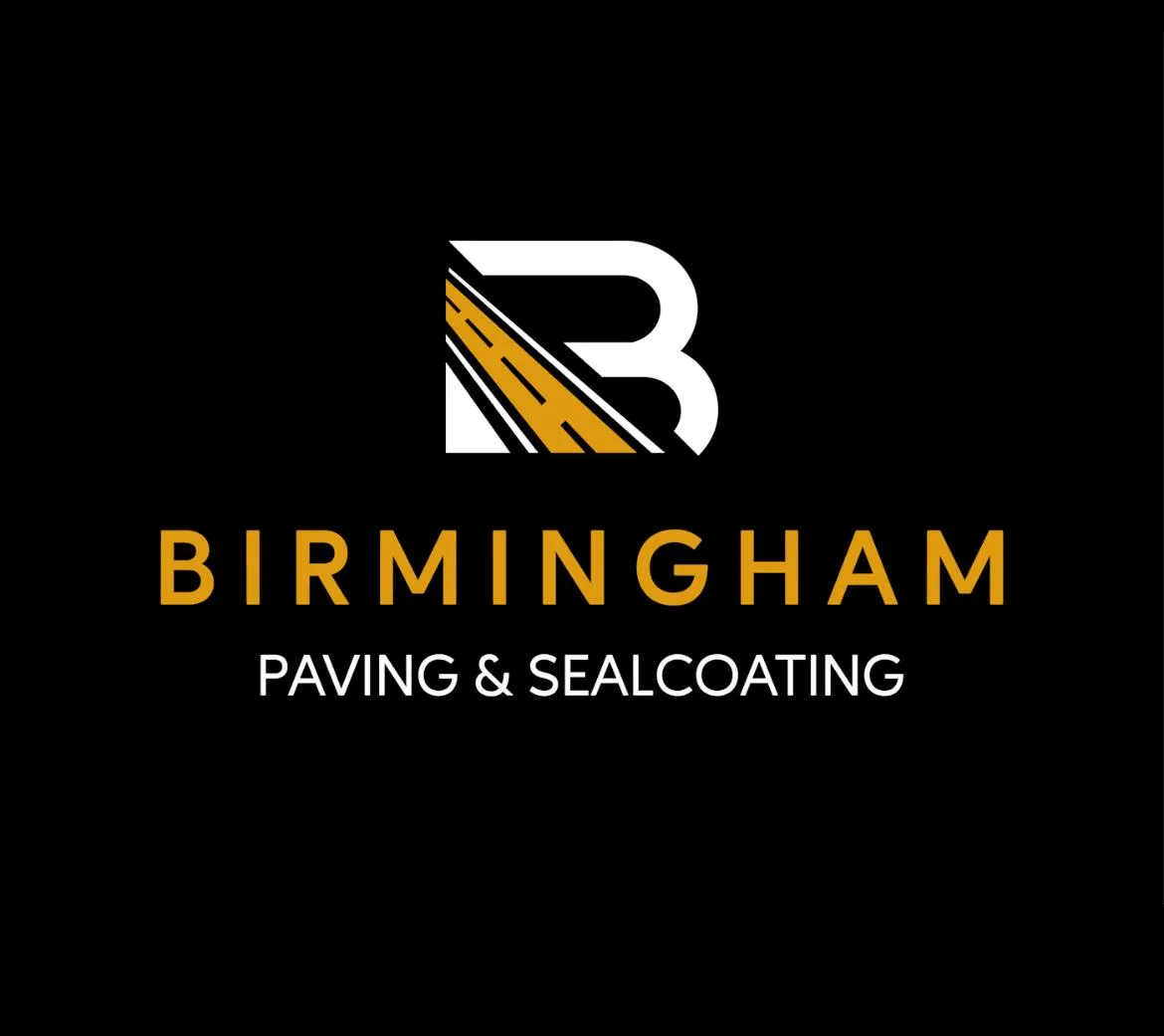
Asphalt Paving & Repair
We are asphalt paving contractors in Birmingham
Request Proposal
Or
Call or Text
(205) 952-7724
To Get On The Bid Schedule
What is commercial grade asphalt sealer?
Commercial grade asphalt sealer, also known simply as asphalt sealer or pavement sealer, is a protective coating applied to asphalt surfaces to extend their lifespan and maintain their appearance. It is commonly used for sealing driveways, parking lots, roads, and other asphalt surfaces in both commercial and residential settings. Here are some key characteristics and features of commercial grade asphalt sealer:
Protective Coating: Asphalt sealer forms a protective layer over the surface of asphalt pavement, shielding it from the damaging effects of water, sunlight, oil, gasoline, and other harmful substances. This helps prevent oxidation, cracking, and deterioration of the asphalt surface over time.
Enhanced Durability: By sealing the surface, asphalt sealer helps improve the durability and longevity of the pavement, reducing the need for costly repairs and maintenance. It can also help resist damage from heavy traffic and harsh weather conditions.
Improved Appearance: Asphalt sealer typically enhances the appearance of the pavement by providing a uniform, dark black finish. This can enhance curb appeal for residential driveways and maintain a professional appearance for commercial parking lots and roadways.
Ease of Application: Commercial grade asphalt sealer is designed for easy application using various methods, including spray application, squeegee application, or brush application. It can be applied by professional pavement contractors or property owners with basic equipment and tools.
Quick Drying: Many asphalt sealers are formulated to dry quickly, allowing for minimal downtime and disruption to traffic or use of the pavement after application. This can be beneficial for commercial properties where access needs to be maintained.
Environmentally Friendly Options: Some manufacturers offer environmentally friendly asphalt sealers that are formulated with low volatile organic compound (VOC) content and are safe for the environment. These eco-friendly options are increasingly popular for use in sensitive areas or where regulatory requirements mandate environmentally responsible practices.
Regular Maintenance: While asphalt sealer provides valuable protection, it is not a permanent solution. Periodic reapplication is necessary to maintain the effectiveness of the sealcoating and ensure ongoing protection of the asphalt surface. The frequency of reapplication depends on factors such as climate, traffic volume, and pavement condition.
Overall, commercial grade asphalt sealer plays a crucial role in preserving and maintaining asphalt surfaces, helping to prolong their lifespan, enhance their appearance, and reduce long-term maintenance costs. Choosing the right type of sealer and following proper application and maintenance practices are essential for achieving optimal results and maximizing the benefits of asphalt sealcoating.
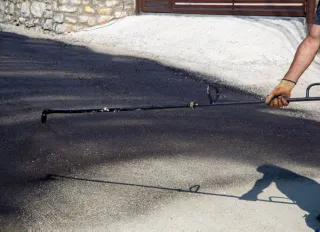
Is sealcoating worth it?
Whether parking lot sealcoating is worth it depends on various factors, including the condition of the parking lot, its usage, budget considerations, and long-term maintenance goals. Here are some factors to consider when evaluating the value of parking lot sealcoating:
Protection and Maintenance: Sealcoating provides a protective barrier that helps to extend the lifespan of the parking lot by preventing damage from water, sunlight, oil, and other elements. It can help to prevent cracks, potholes, and other forms of pavement deterioration, ultimately reducing the need for costly repairs and prolonging the life of the pavement.
Appearance and Curb Appeal: Sealcoating gives the parking lot a fresh, uniform appearance with a dark black finish. This can enhance the overall aesthetics of the property, improve curb appeal, and create a positive impression on visitors, customers, and tenants.
Cost-Effectiveness: While sealcoating does involve upfront costs, it is generally more cost-effective than allowing the pavement to deteriorate and then having to undertake extensive repairs or replacement. Regular sealcoating can help to maintain the pavement in good condition, reducing the need for costly repairs and extending the time between major renovations.
Prevention of Damage: Sealcoating helps to seal small cracks and fissures in the pavement, preventing them from expanding and causing more significant damage over time. By addressing minor issues early on, sealcoating can help to prevent more extensive and costly repairs down the line.
Enhanced Safety: A well-maintained parking lot with sealcoating can provide a safer environment for pedestrians and vehicles. Sealcoating helps to create a smooth, even surface that reduces the risk of tripping hazards and vehicle damage caused by potholes and uneven pavement.
Regulatory Compliance: In some jurisdictions, property owners may be required to maintain their parking lots in a safe and functional condition, which may include regular sealcoating. Failing to comply with these regulations could result in fines or penalties.
Long-Term Investment: Sealcoating is an investment in the long-term health and appearance of the parking lot. By proactively maintaining the pavement through sealcoating, property owners can protect their investment and ensure that the parking lot remains in good condition for years to come.
Ultimately, the decision to invest in parking lot sealcoating depends on factors such as budget, property usage, and long-term maintenance goals. Property owners should weigh the potential benefits against the upfront costs and consider consulting with pavement maintenance professionals to assess the condition of the parking lot and determine the most cost-effective maintenance strategy.
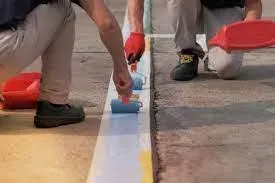
How do you sealcoat?
Sealcoating asphalt is a process that involves applying a protective coating to the surface of the pavement to extend its lifespan and improve its appearance. Here's a general outline of how sealcoating is typically done:
Preparation: Before sealcoating, the asphalt surface must be thoroughly cleaned and prepared. This involves removing any debris, dirt, oil stains, and vegetation from the pavement. A power broom, blower, or pressure washer may be used to clean the surface effectively. Any cracks or potholes should also be repaired before sealcoating.
Edging: Edging is the process of applying a thin layer of sealant along the edges of the pavement, such as curbs, gutters, and buildings. This helps to create clean, defined edges and provides additional protection to these vulnerable areas.
Mixing Sealant: The sealant, also known as asphalt sealer or pavement sealer, is typically a coal tar or asphalt-based emulsion that comes in liquid form. Before application, the sealant should be thoroughly mixed to ensure uniform consistency and proper adhesion.
Application: Sealcoating can be applied using various methods, including spray application, squeegee application, or brush application. The choice of application method depends on factors such as the size and layout of the pavement, accessibility, and the equipment available. Regardless of the method used, it's essential to apply the sealant evenly and in thin, overlapping coats to achieve uniform coverage.
Drying and Curing: After sealcoating, the pavement needs time to dry and cure properly. This typically takes 24 to 48 hours, depending on factors such as temperature, humidity, and the type of sealant used. During this time, it's essential to keep the pavement free from traffic, water, and other contaminants that could affect the curing process.
Striping and Marking: If necessary, striping and marking can be applied to the freshly sealcoated pavement once it has cured. This includes painting lines, symbols, and signage to designate parking spaces, traffic lanes, and other markings as required.
Maintenance: Regular maintenance is essential to maximize the effectiveness and longevity of the sealcoating. This includes periodic inspections for damage or wear, prompt repair of any cracks or potholes that develop, and reapplication of sealant as needed to maintain protection and appearance.
It's important to note that sealcoating is typically best performed by experienced professionals who have the necessary equipment, expertise, and knowledge of proper application techniques. Additionally, the timing of sealcoating is crucial, with the optimal weather conditions and pavement conditions being important considerations for achieving the best results.
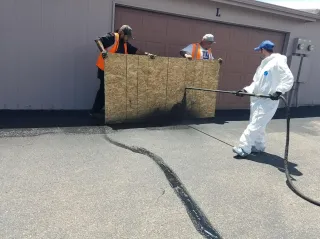
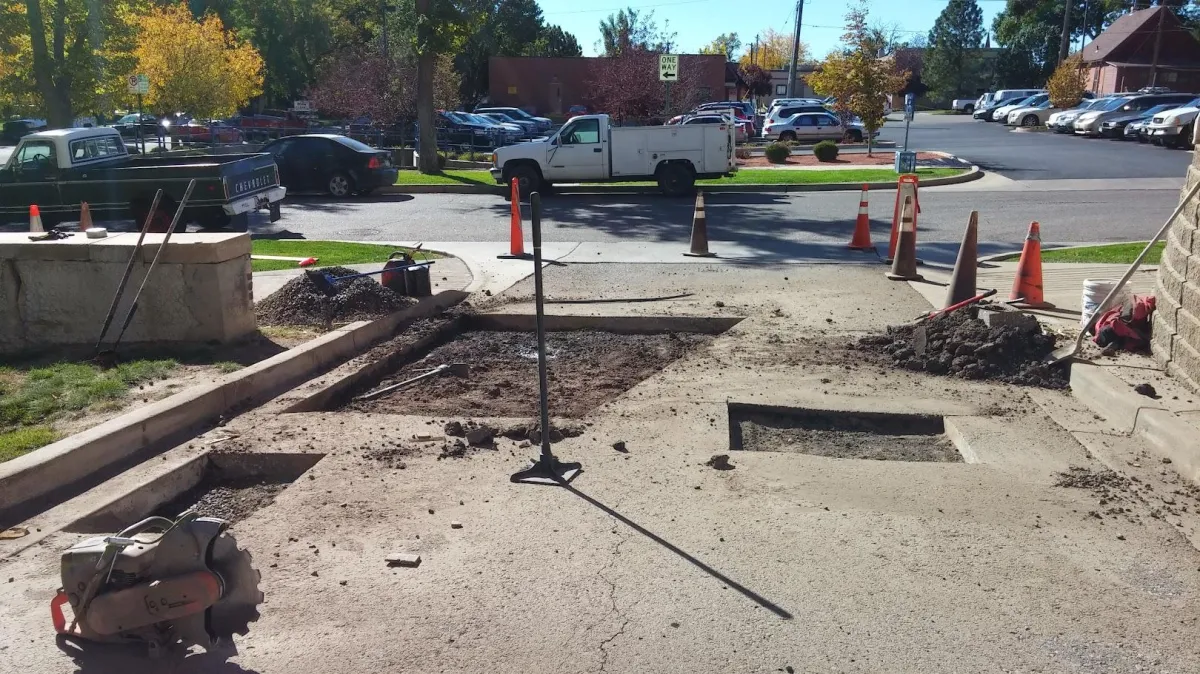
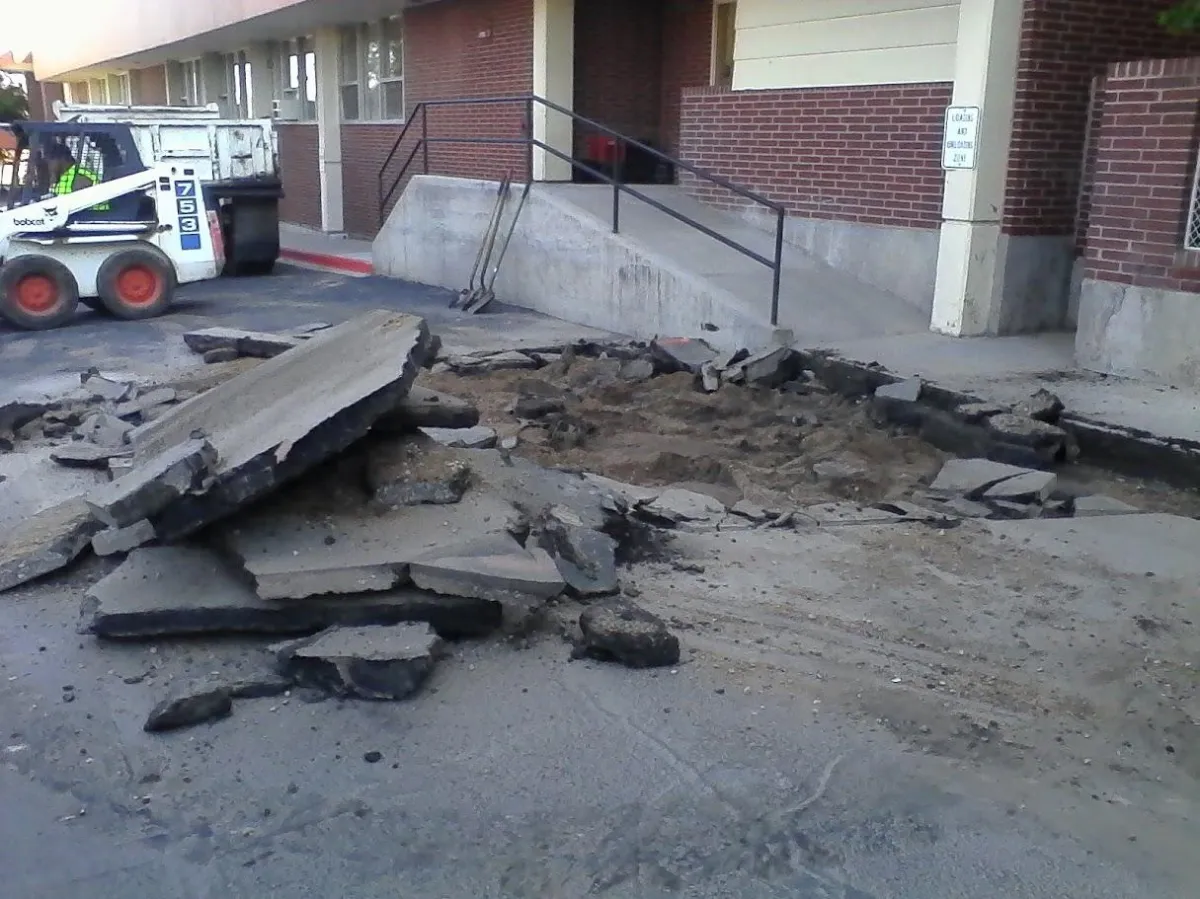
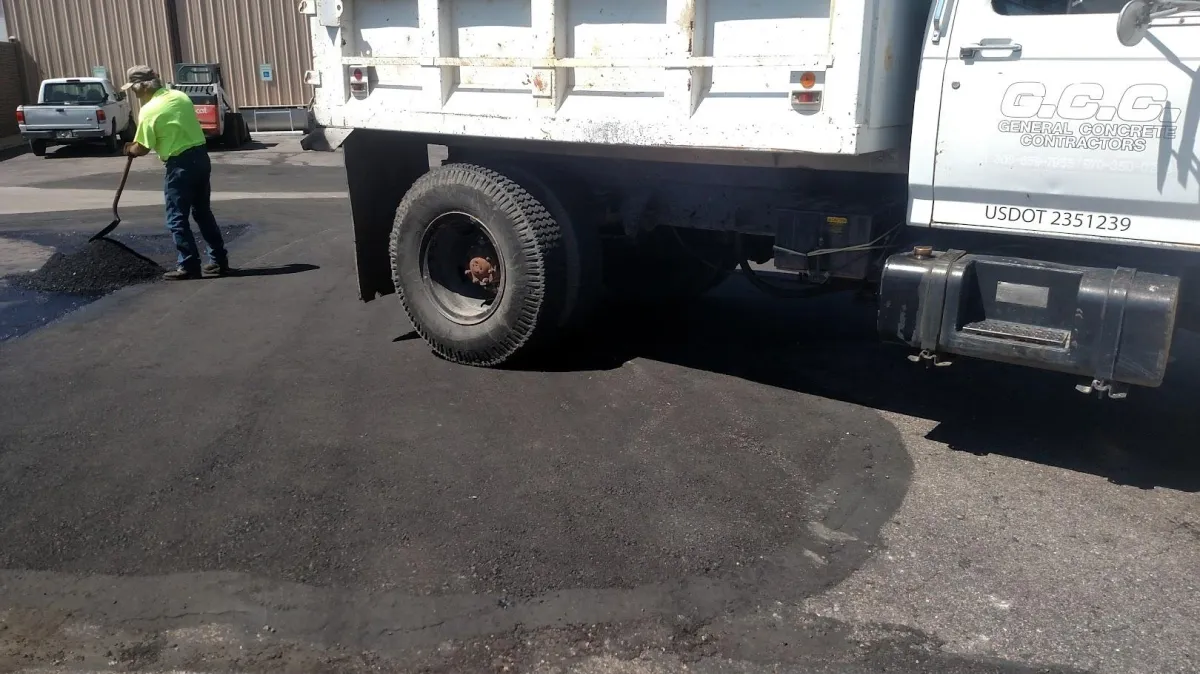
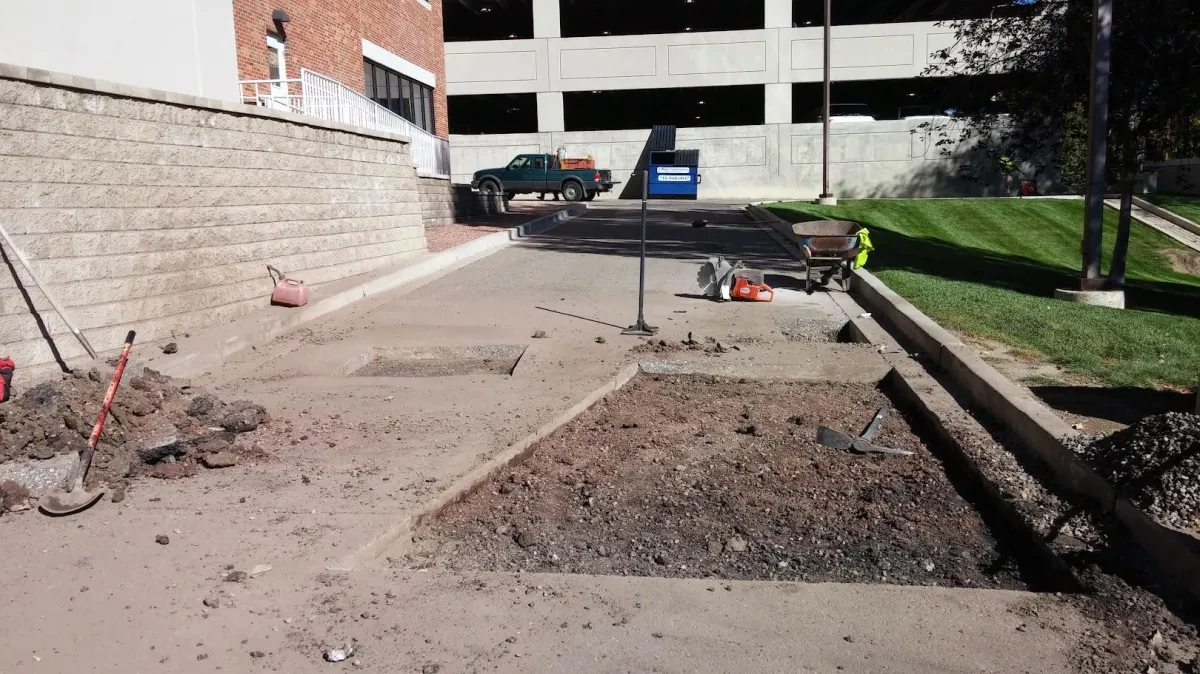
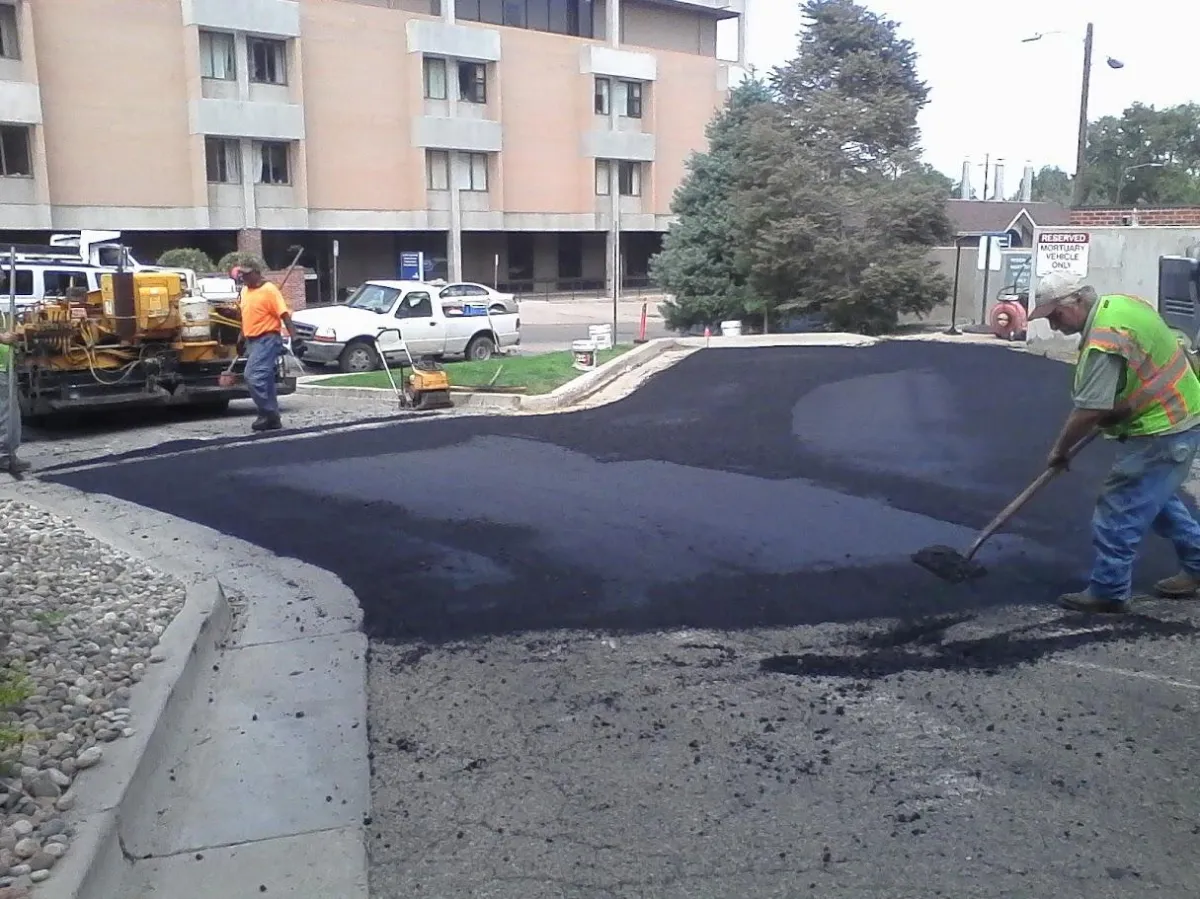
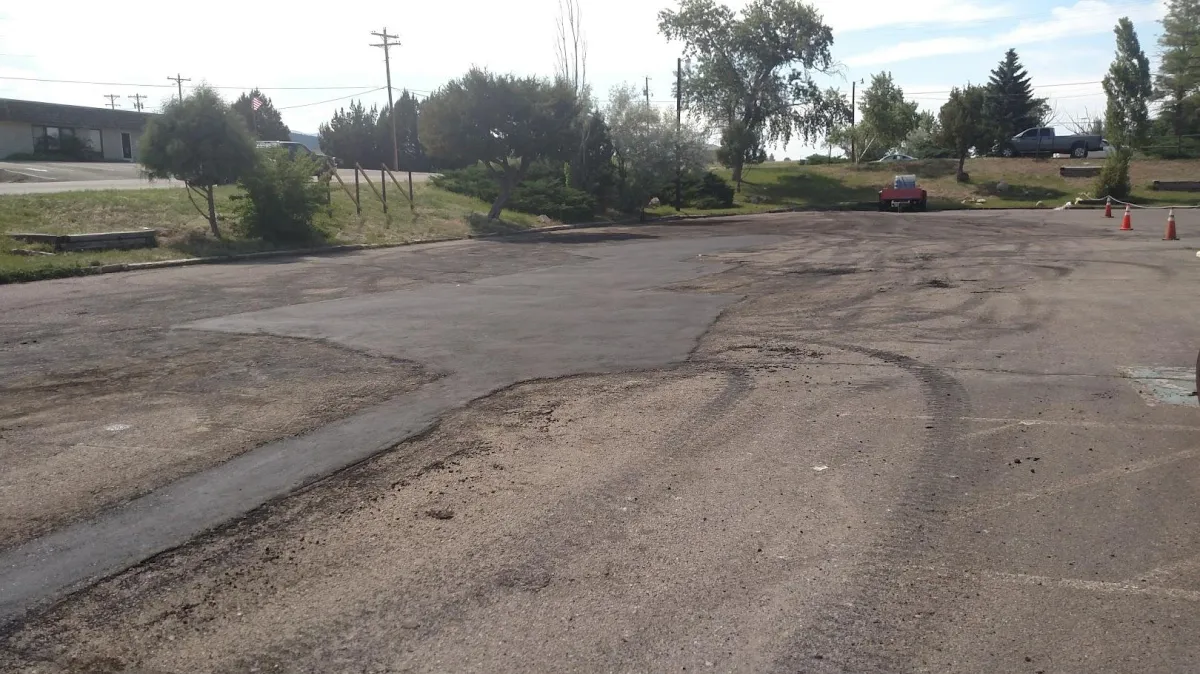
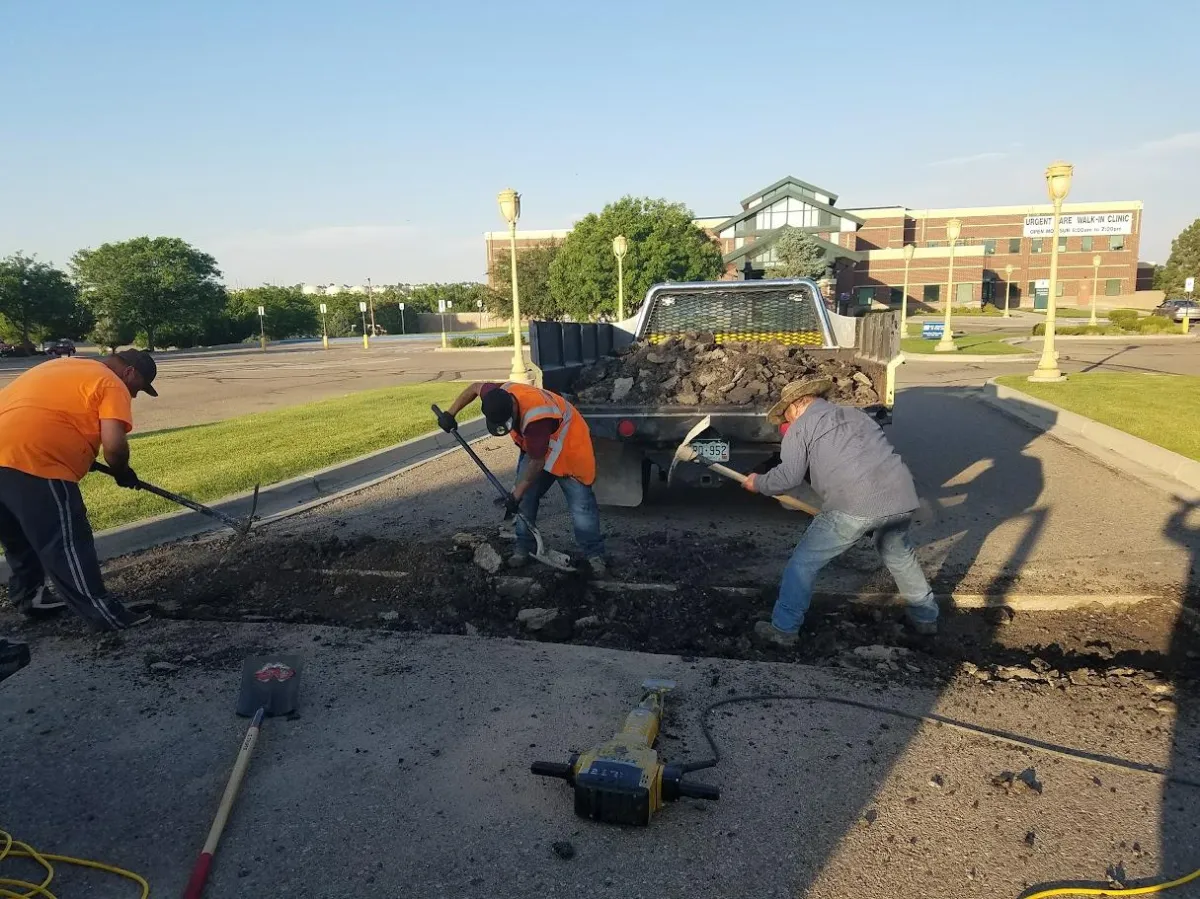
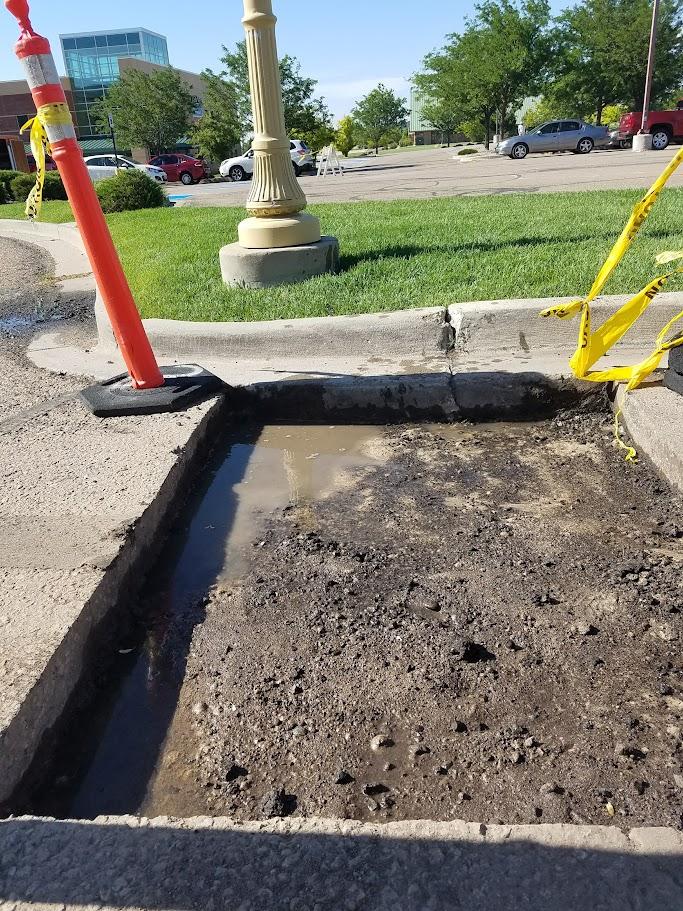
What Sets Us Apart
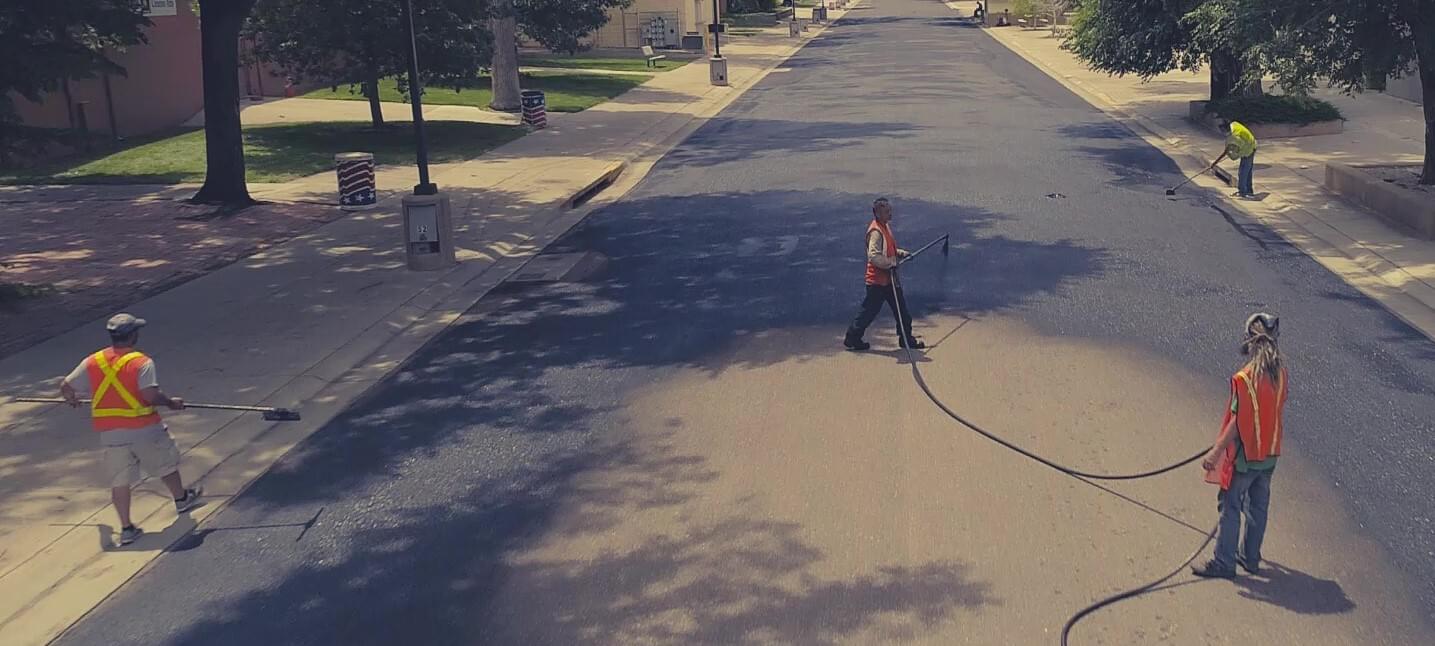
Experienced Teams
Our team of experts in the areas of consulting, project management and construction bring you the insight and advice you need for your project.
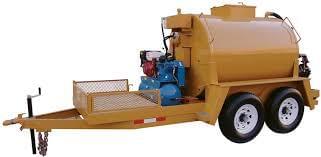
Modern Equipment
Equipment makes the difference in our industry. We use hydraulic agitating tanks to keep our material mixing on the jobsite.
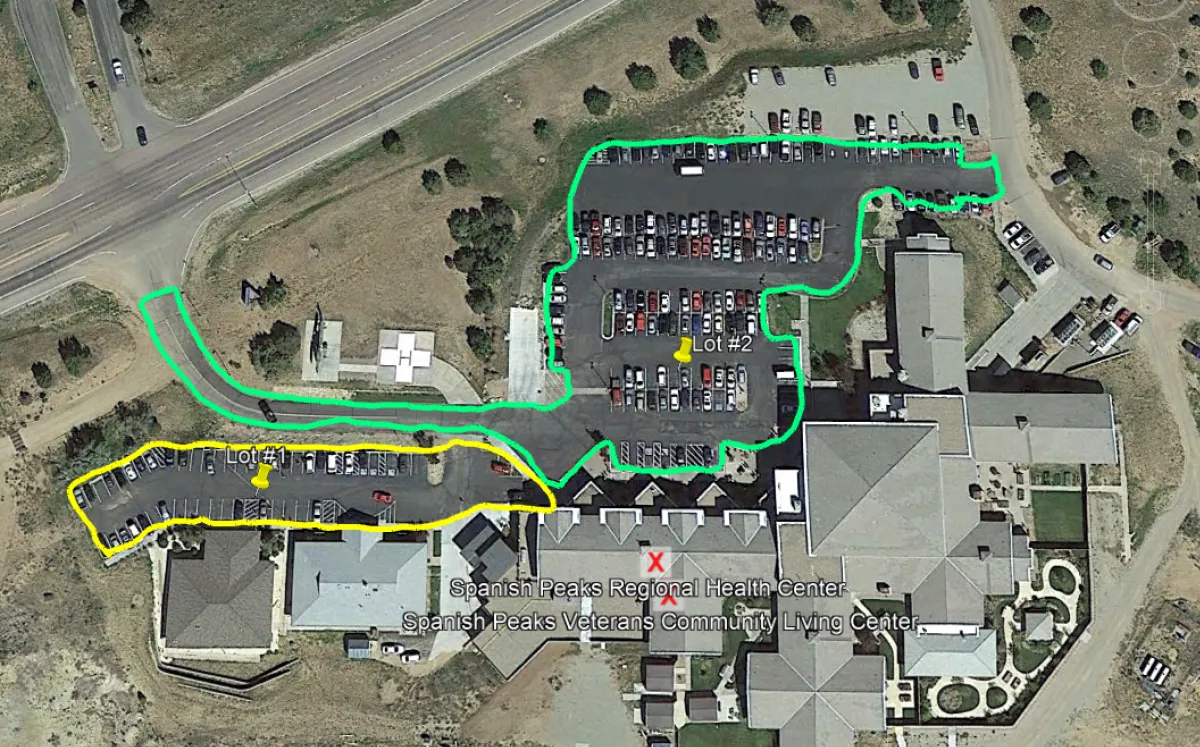
Custom Tailored Solutions
Each lot requires a different strategy. We develop custom tailored plans that address the needs of the pavement while staying aligned with our customer's budget.
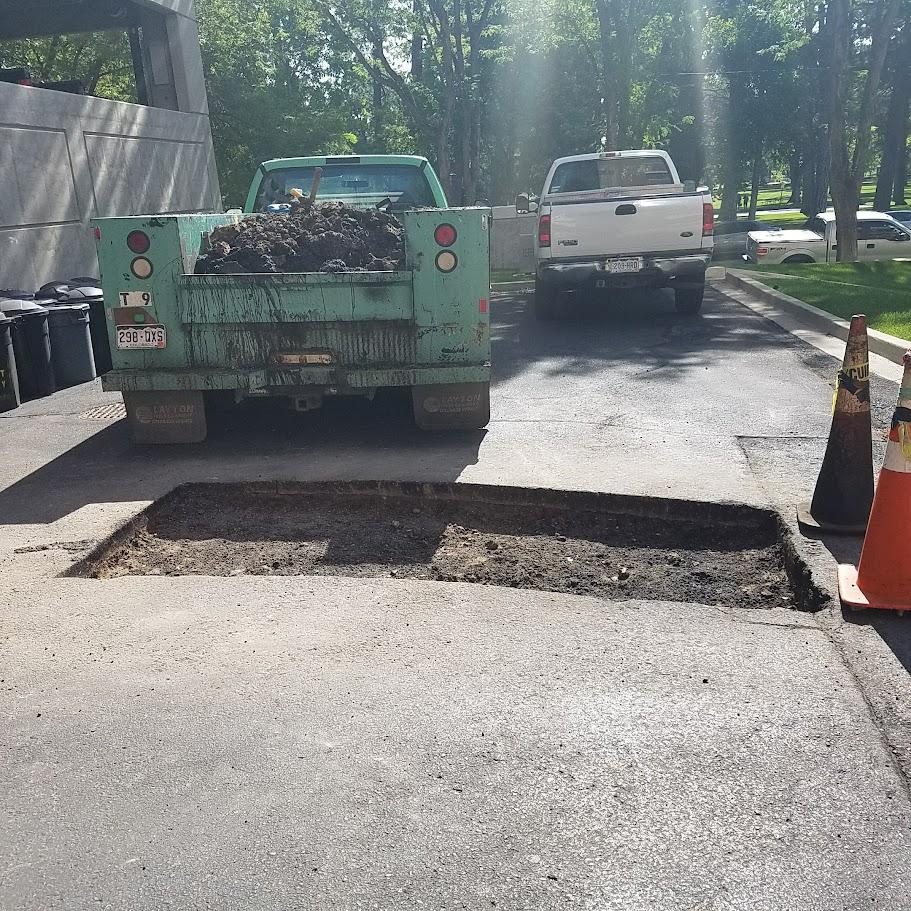
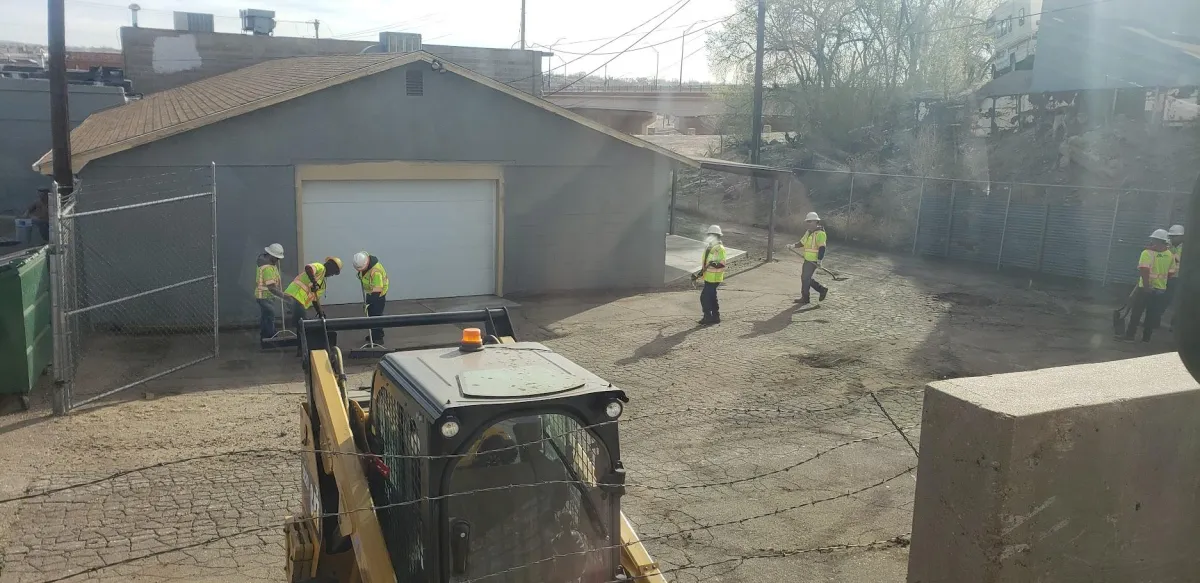
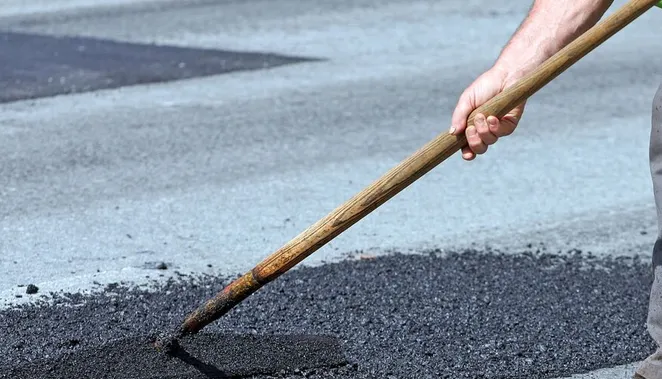
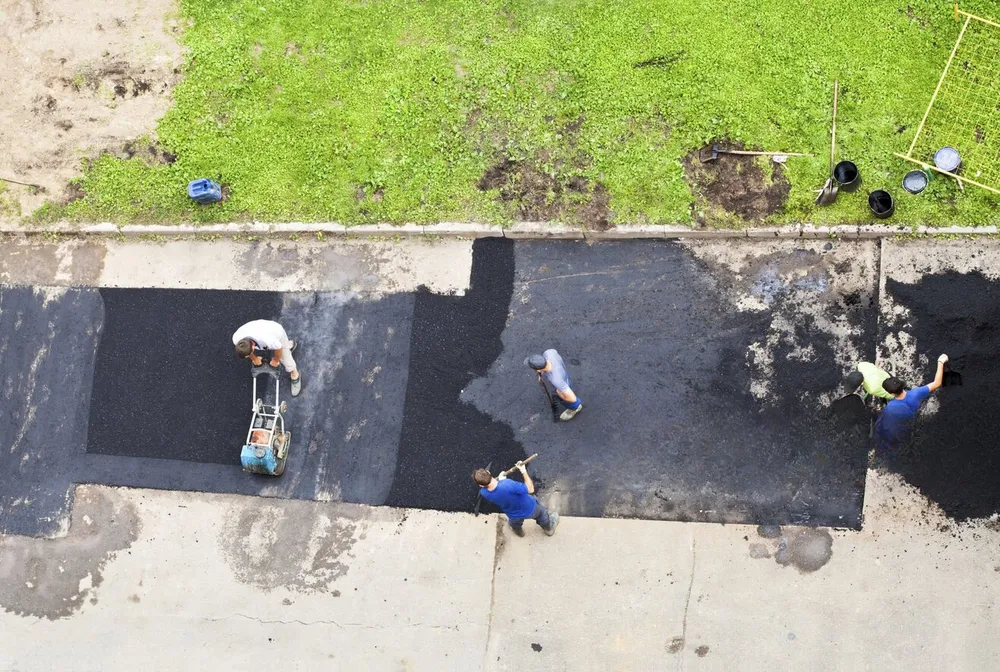
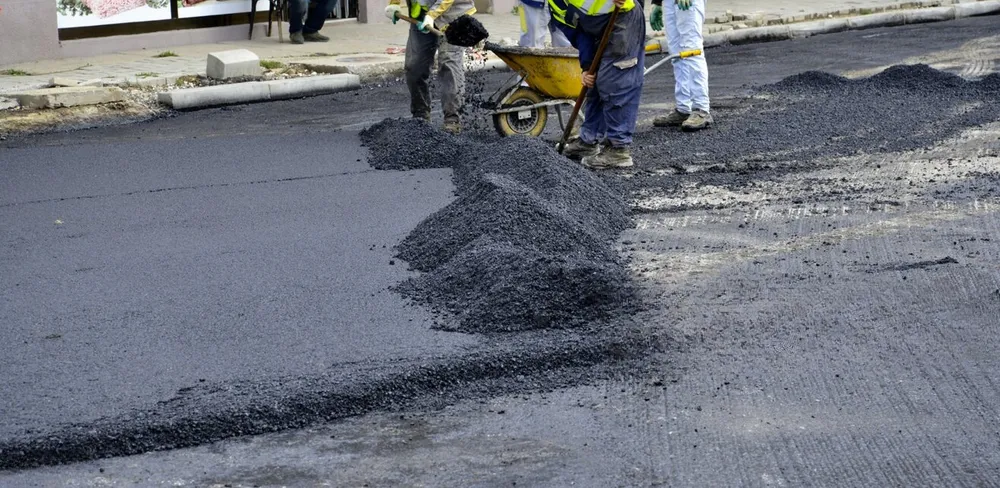
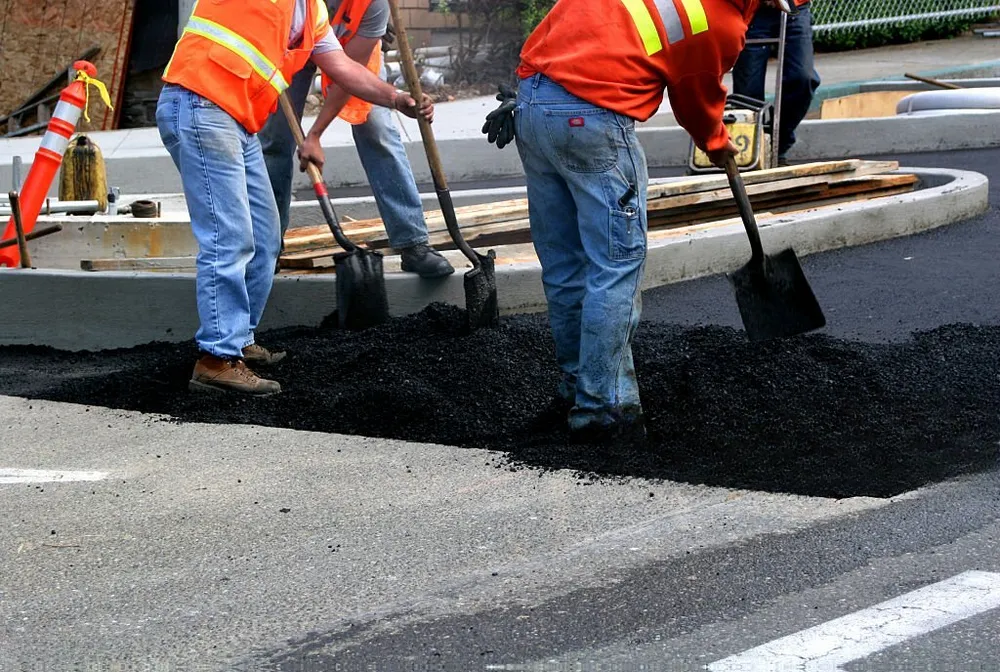
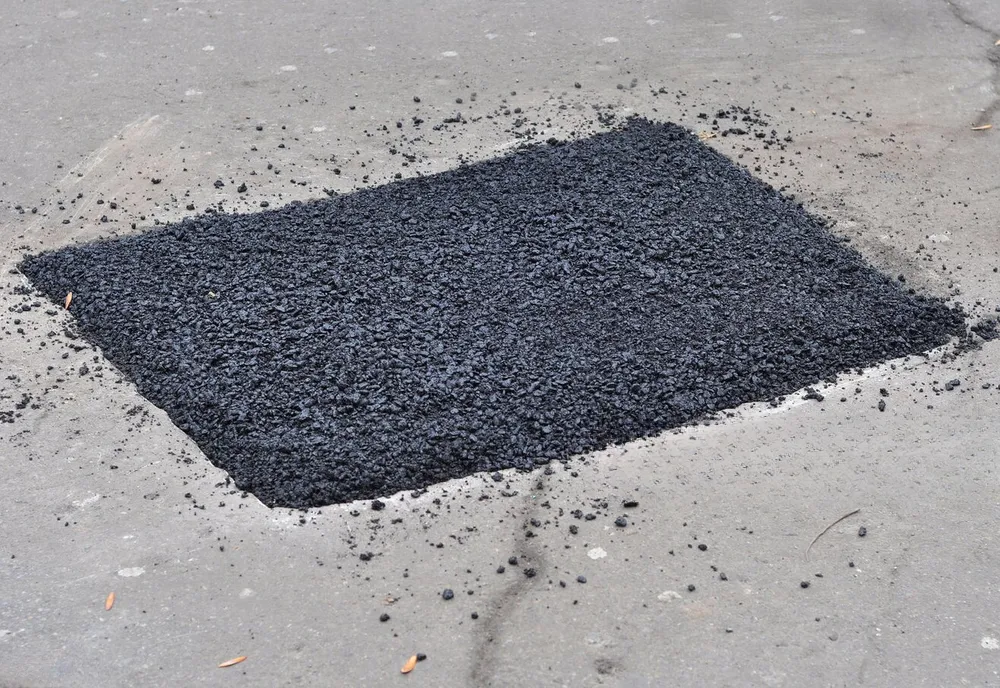
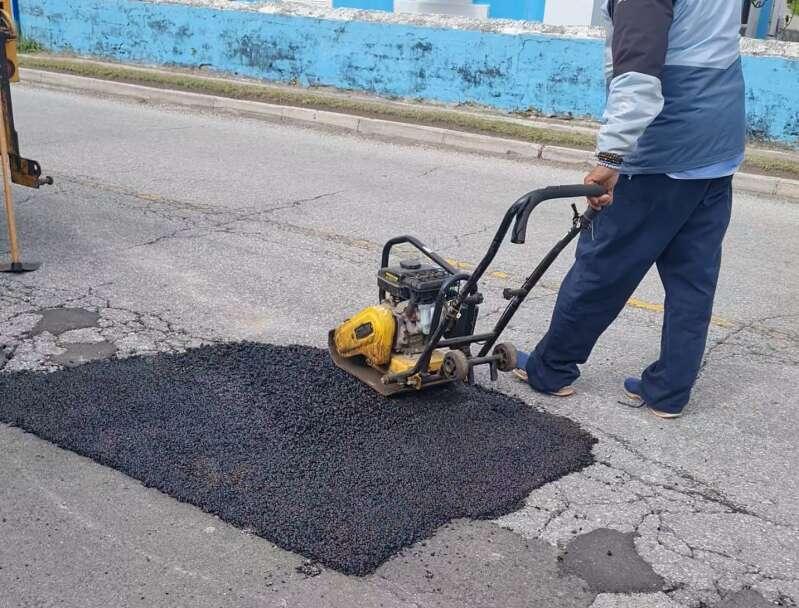
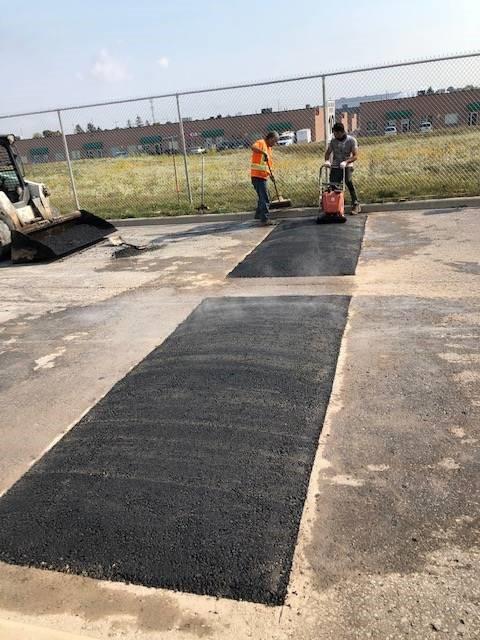

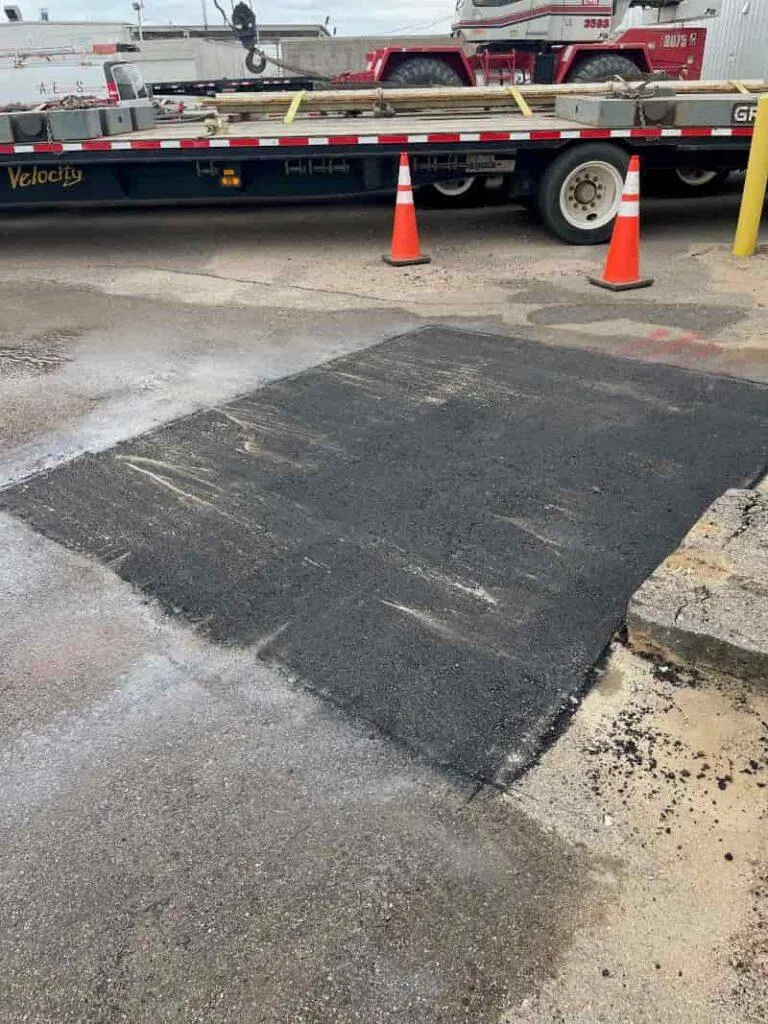
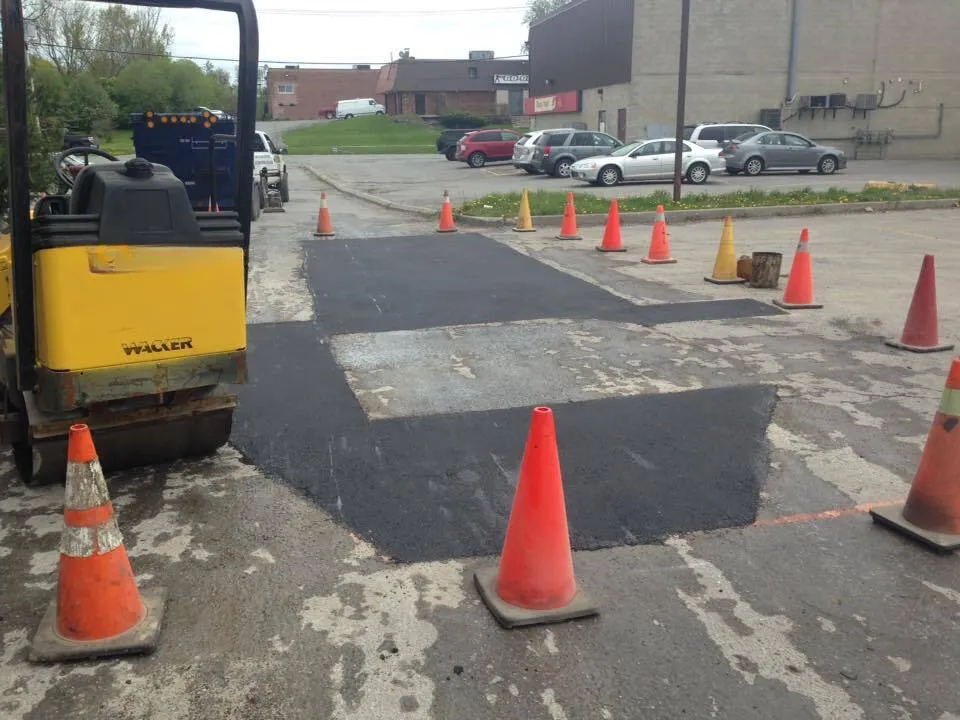
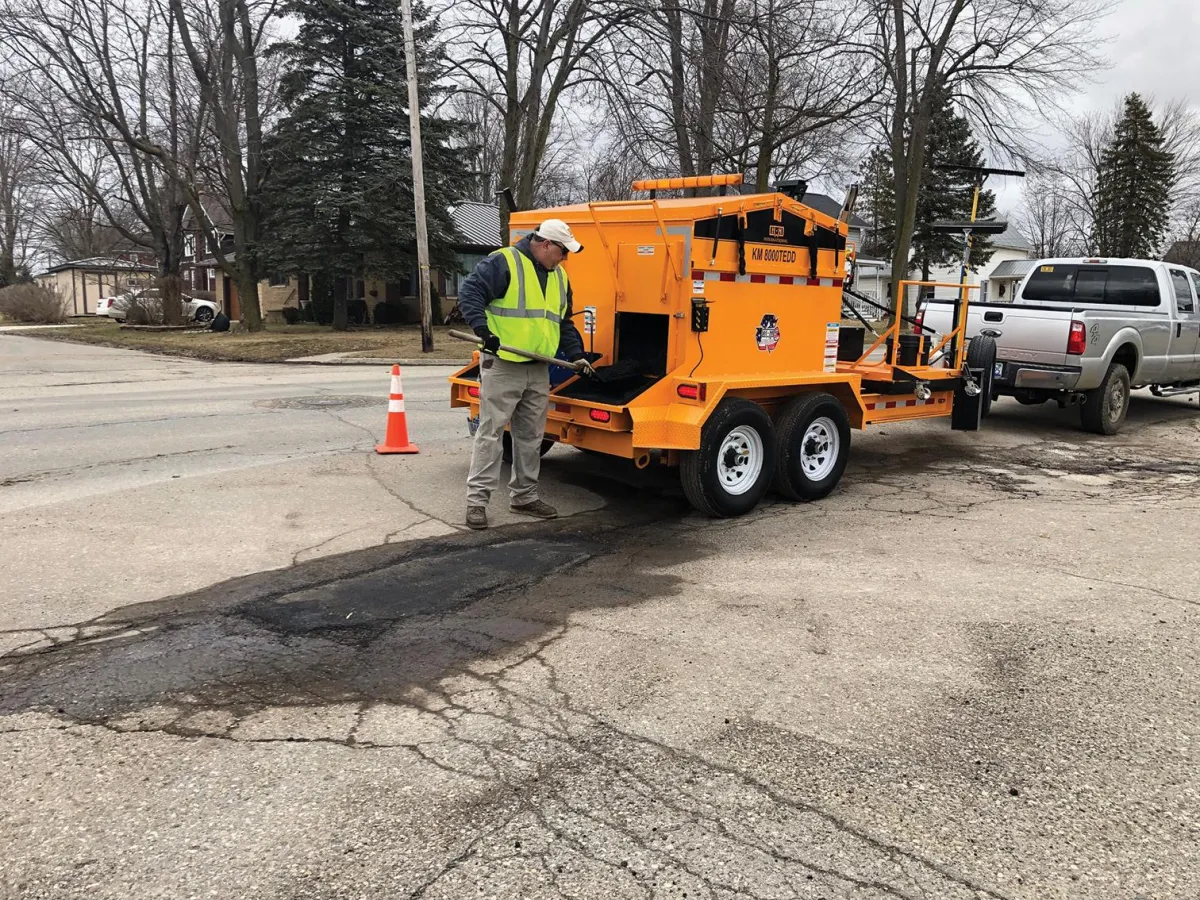
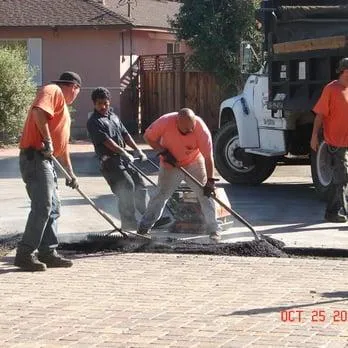
Your Sealcoating Contractors!
We offer asphalt & parking lot sealcoating services in Birmingham
Birmingham Paving's Foundation
It's taken a tremendous amount hard work to build our company. We still believe in building relationships through hard work and integrity.
Our business is helping other businesses. We respect the financial investment you have in your business and real estate, so we maintain each property we work on as if it were one of our own. As small business owners', we have too much stuff to worry about.
The parking lot shouldn't be on that list! We also understand it's tough to run a business when contractors try squeezing every nickel they can out of you. Birmingham Paving will never be that contractor.
If our customers have no money, we have no jobs so we always work to find you the most affordable and most logical solution. It's just the honest way to do business.
2014
Year
Established
206
Projects Completed & Counting
>5million
sqft. Sealcoated &
Counting
>75%
Repeat
Business
© 2024 by Birmingham Paving Inc.